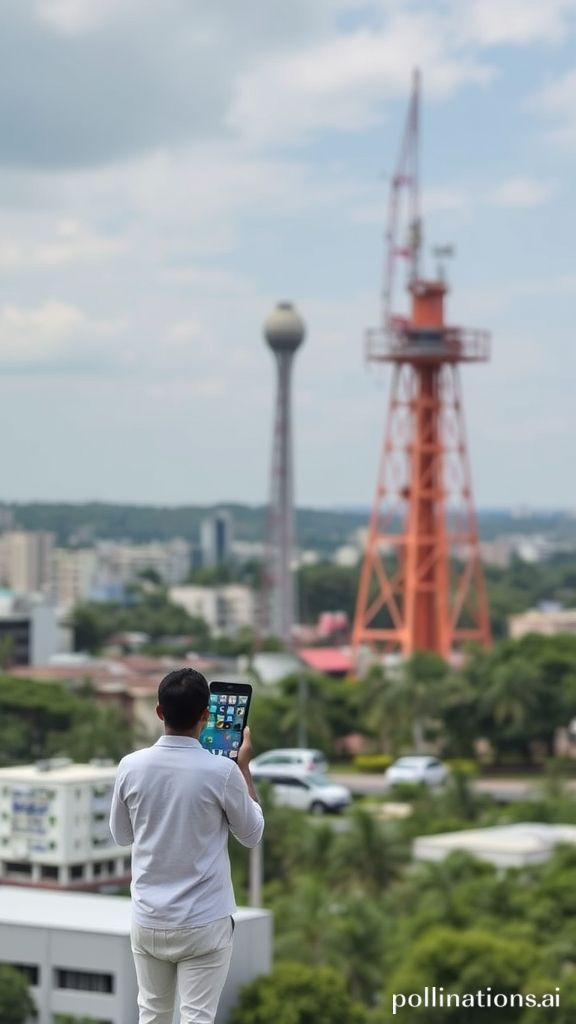
DICT 3G networks to shut down in the Philippines by 2026
DICT 3G networks to shut down in the Philippines by 2026

The End of an Era Why the Phasing Out of 3G Networks in the Philippines Should Be a Priority for Ethnographers
As the Department of Information and Communications Technology (DICT) confirms that third-generation mobile networks, or 3G, will be fully phased out in the Philippines by 2026, ethnographers should take heed. This shift marks the end of an era that once defined mobile internet access in the country. In this blog post, we'll explore why the phasing out of 3G networks should be a priority for ethnographers in 2025.
The Legacy of 3G
Licensed in 2005 and rolled out by Smart and Globe by 2008, 3G enabled millions of Filipinos to browse the web, send emails, and make video calls from their phones. It also fueled the early surge of Facebook and social media use in the country. As we bid farewell to this wireless standard, it's essential to acknowledge its impact on Filipino lives.
The Need for Faster Connections
As demand for faster connections grew, 3G fell behind. By the mid-2010s, most mobile users had shifted to 4G LTE, while 5G networks have been expanding in recent years. The International Telecommunication Union (ITU) describes 3G under its IMT-2000 standards as delivering peak speeds of a few megabits per second, far slower than what modern networks now provide.
The Challenges Ahead
While the transition may leave some Filipinos behind – older handsets that rely on 3G, as well as rural areas with patchy LTE coverage – could lose service unless operators expand their modern networks nationwide. Analysts warn of potential risks, but industry experts say the shutdown is inevitable. Maintaining 3G no longer makes sense given the changing needs of our customers, a Smart spokesperson said in July.
The Future of Mobile Connectivity
As the 3G era ends, the spectrum it once occupied will fuel the country's 4G and 5G rollout, providing faster speeds and lower latency for mobile users. This shift should be a priority for ethnographers, as it will have far-reaching implications for how we conduct research in the field.
Prioritizing Inclusivity
In light of this development, ethnographers should prioritize inclusivity in their research designs. With the phasing out of 3G networks, it's essential to consider the potential impact on vulnerable populations – those who rely heavily on older devices or have limited access to modern networks. By acknowledging these challenges and adapting our research methods accordingly, we can ensure that our work remains relevant and impactful.
Conclusion
As the DICT confirms the phasing out of 3G networks in the Philippines by 2026, ethnographers should take notice. This shift marks the end of an era that once defined mobile internet access in the country. By prioritizing inclusivity and adapting to changing technological landscapes, we can ensure that our research remains relevant and impactful.
Keywords 3G networks, DICT, Philippine mobile connectivity, ethnography, inclusivity, mobile technology





